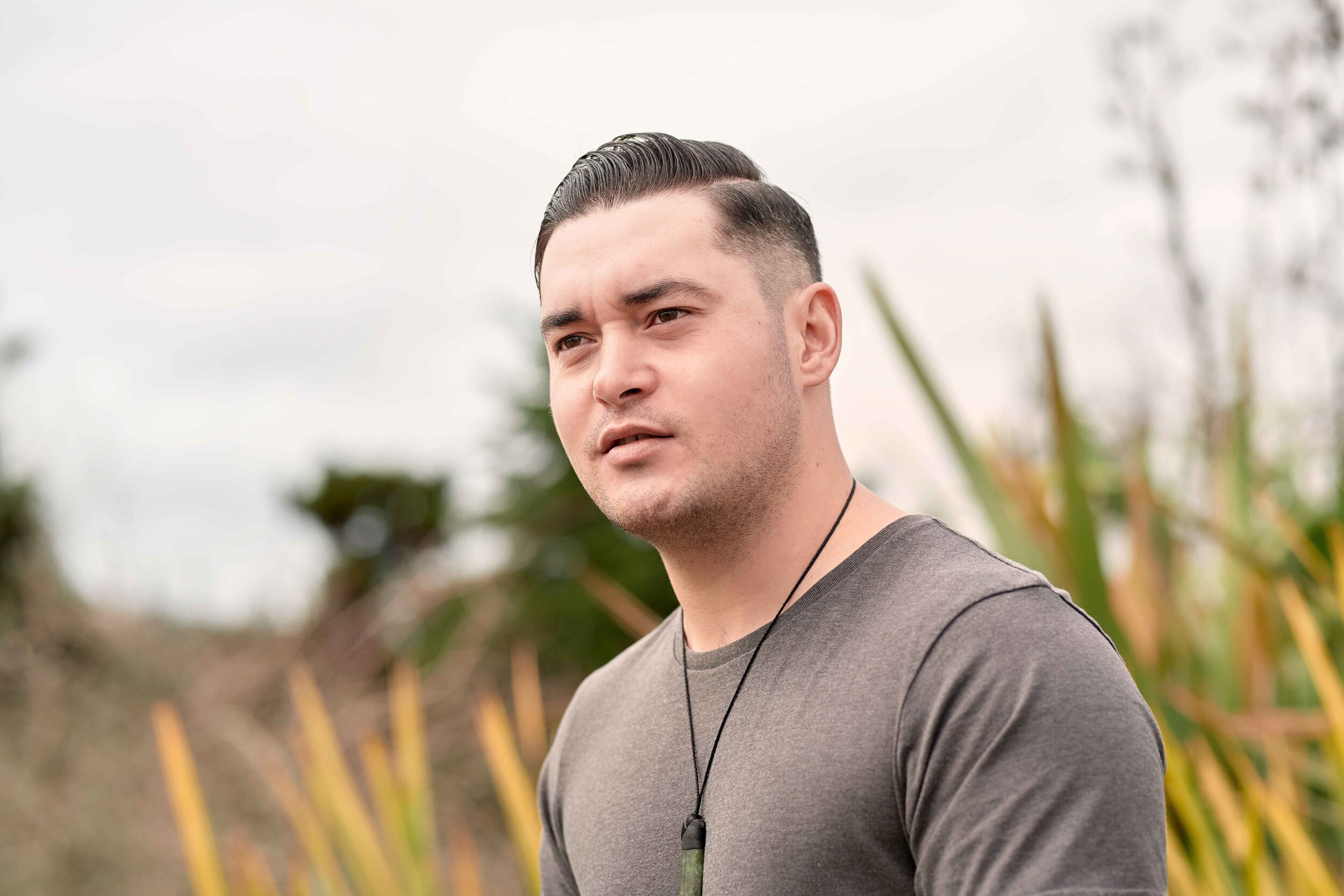
Te Whare Whakapiki Wairua (AODTC)
Alcohol and Other Drug Treatment Court
Te Whare Whakapiki Wairua (The house that lifts the spirit) is the name gifted to the Alcohol and other Drug Treatment Court (AODTC) in Auckland and Waitākere, established in 2012 as an alternative pathway to imprisonment.
It is a partnership with Odyssey, the Ministries of Justice and Health, Higher Ground and The Salvation Army. The initiative is also supported by Wings Trust and CADS before and after people participate in the Court.
The aims of this abstinence-based initiative are to reduce reoffending and imprisonment; reduce harmful drug and alcohol use; and positively impact on health and wellbeing.
We are part of a wider team that includes judges, lawyers, probation, police and other treatment providers, all working collaboratively to promote best outcomes for our participants.
While in Te Whare Whakapiki Wairua, participants engage with a range of treatment and rehabilitation support options to help them work towards different life paths that support wellbeing.

“I didn’t know how to stop (using) so my offending continued until I was given the opportunity by the Judge to come into this Court.”
Participant, Te Whare Whakapiki Wairua
-
Eligibility criteria (includes but is not limited to):
Your offending must have been driven by your alcohol or drug addiction
You must plead guilty to all active charges
You must not be facing charges of serious violence, sexual offending or arson
You must not have a serious medical or mental health condition (other than your addiction) that would prevent participation in the Alcohol or Other Drug Treatment Court (AODTC)
You must live within the jurisdiction of the Auckland or Waitākere District Courts
Upon entering guilty pleas, you must be facing a term of imprisonment that is not longer than 3 years
You must want to change your life.
-
Application to the Court must be made through your lawyer. If a judge accepts that your case, you will be remanded for three weeks for an assessment by an alcohol and other drug (AOD) clinician. Their role is to provide the court with information about your past, your alcohol and other drug use and any treatment you have previously received.
The judge may then remand you for one more week to appear in the Alcohol or other Drug Treatment Court for a determination hearing. It will then be up to the AODTC Judge to decide whether to offer you a place in the Court.
The Auckland and Waitākere Alcohol or Other Drug Treatment Courts can each only accept up to 50 participants.
There are no waiting lists which means that if the Court has filled the 50 places, any new applications will be declined. However, the numbers in the Court change regularly, so do apply if you are keen to have this chance, as there may be a place available at the time of your determination hearing. -
If you are accepted into the AODTC you will be:
Assigned a treatment case manager, a peer support worker (who is in recovery themselves) and a Court lawyer
Given an individualised treatment plan. This may include a residential stay or community based treatment including counselling, parenting programmes, peer support groups and community work
Supported to obtain a full driver’s licence, to get dental work if needed, and with tattoo removal (if required)
Randomly tested for alcohol and other drugs at least five times every two weeks, including on weekends and public holidays
Expected to complete and graduate from the AODTC programme which takes around 18 months. If you do graduate, you will then be sentenced to a community-based sentence (with intensive supervision) rather than a custodial sentence.

“I always wanted to change my life – I just didn’t know how to do it until I came into this Court.”
Participant, Te Whare Whakapiki Wairua
Let’s move forward together
If you would like to know more about Te Whare Whakapiki Wairua | The Alcohol and Other Drug Treatment Court, please speak with your lawyer, or contact a Court Coordinator


